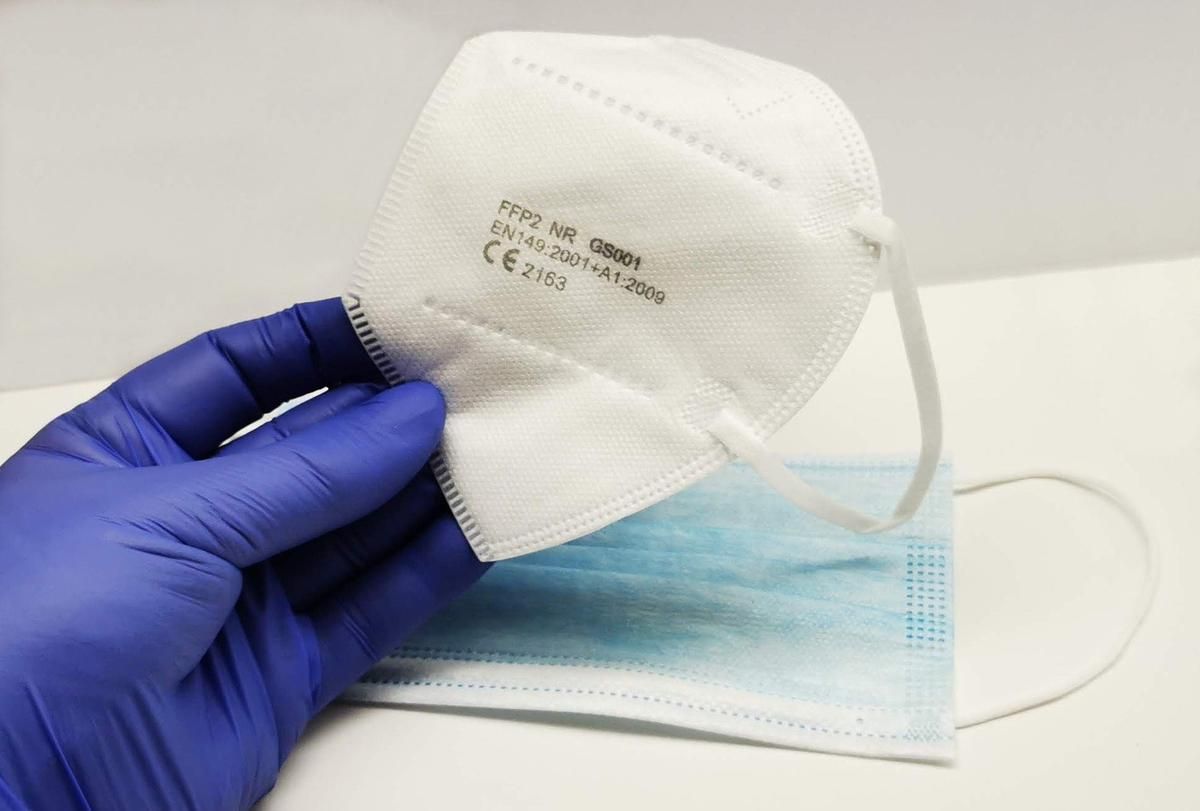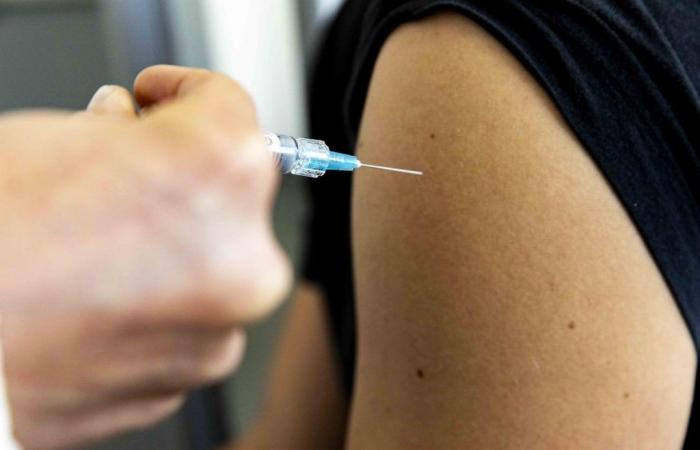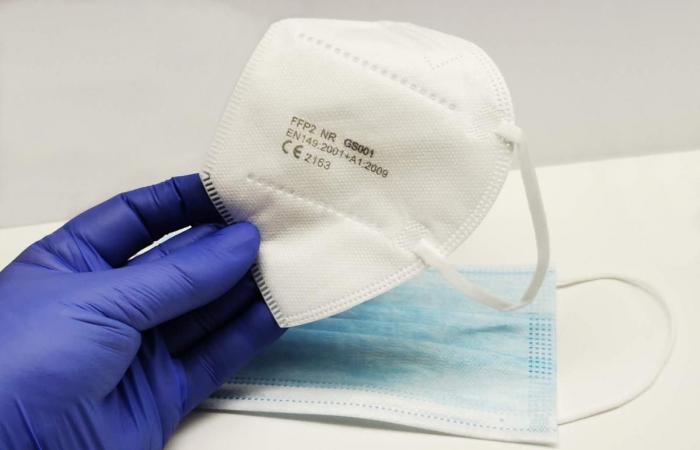To answer questions from the general public and professionals, the health centers of Bizanos and Ousse organized a public meeting at the Daniel Balavoine space this Thursday with Professor Jean-Louis Koeck, founder of “mesvaccins.net” and expert in vaccination.
Objective: to inform and raise awareness on these crucial subjects, hopes Doctor Guillaume Sennes, at the origin of this meeting with Doctor Candice Morel. “In 2024, vaccination issues are more than ever at the heart of public health concerns,” they believe.
Doctor Guillaume Sennes with the head of vaccination expertise Jean-Louis Koeck.
Ascension Torrent
Fight against disinformation
“In France, we only recommend vaccination if it is both effective and well tolerated. If we pass this stage, it is because we are very sure of ourselves,” assures this biologist, member of the technical commission.
Faced with detractors who constantly feed social networks, he nevertheless recognizes the difficulties in reestablishing the truth. When a doctor must personalize the recommendations according to the profile of his patient, the anti-vaccines will argue without any nuance “with lies but bits of truth”, he deplores. Another factor of reluctance: a vaccine is administered to people who are not yet sick, he recalls. And when a vaccine is new like that against the Papillomavirus, it is often contested before being accepted.
A fed-up effect
If the vaccination campaign which has just started in France encourages people over 65 and at risk to be vaccinated against both flu and Covid – “because there are no adverse effects and that saves time. We can also choose to only do one vaccine at a time,” he emphasizes in the face of a certain fed-up feeling among the population in the face of repeated injections.
These six little-known symptoms of menopause
The stopping of periods is not the only manifestation of menopause in women. According to Inserm, 87% of women present at least one symptom in addition to the cessation of periods. 20 to 25% of them suffer from severe disorders which considerably affect their quality of life. Among these symptoms, some are less common and little known.
That said, he points out, viruses are constantly evolving. Even with a background of immunity acquired by previous vaccinations, the antibodies can, little by little, respond less well, particularly in the most fragile people. “People at high risk should be vaccinated every three months, up to six months for elderly people who are not immunocompromised. »The older people are, the less protected they are over time, explains the expert. As for children who are not at risk, they do not currently necessarily need new doses.
What responses to adverse effects?
There is only one argument regarding the adverse effects: according to the professor, these consequences remain less serious than the severe forms of the disease that these people could have developed. And to reassure those who reacted badly to the first doses: they should no longer suffer this type of effect. Especially since in parallel with Pfizer’s messenger RNA, Nuvaxovid with recombinant protein is now available.
What future for viruses
The more the population is vaccinated, the less disease it transmits and the more it reduces serious forms. As a result, according to the professor, there is now little risk of reliving the same situation as during the global Covid-19 epidemic. “Despite the variants that appear, we now benefit from a level of immunity,” he reassures. And for the future too, the professor sees more and more vaccines being developed to treat diseases and not just fight viruses.

Asexuality: an absence of sexual attraction
Asexuality is characterized by the absence of sexual attraction and affects approximately 1% of the population, according to certain studies. It therefore corresponds to a sexual orientation, for which the individual does not make a choice. Just as is the case for heterosexuality or homosexuality. And it has nothing to do with a drop in libido.
To find a location for vaccinations against Covid-19, go to the santé.fr website.
Pixabay
43% of people who responded to the Public Health survey say they never wear a mask if they have symptoms, in the presence of vulnerable people or in busy places.
Flu and Covid-19: the French are reluctant to wear a mask
How is French support for preventive measures against winter viruses evolving? The latest Public Health France survey, launched at the same time as the vaccination campaign against flu and Covid-19, reveals that the French still wear masks too little to protect themselves and others from winter viruses. 43% of participants declared that they never wore a mask if they had symptoms, in the presence of vulnerable people or in busy places.
This “CoviPrev” study also shows that just over half of people (59%) eligible for vaccination against Covid-19 and against the flu intend to do so this fall.
Half of people at risk of severe forms of flu due to their age (at least 65 years) or their state of health say they want to receive both the flu and Covid-19 vaccinations. But 23% of people at risk of serious forms assured during this survey that they did not wish to take either vaccine.









